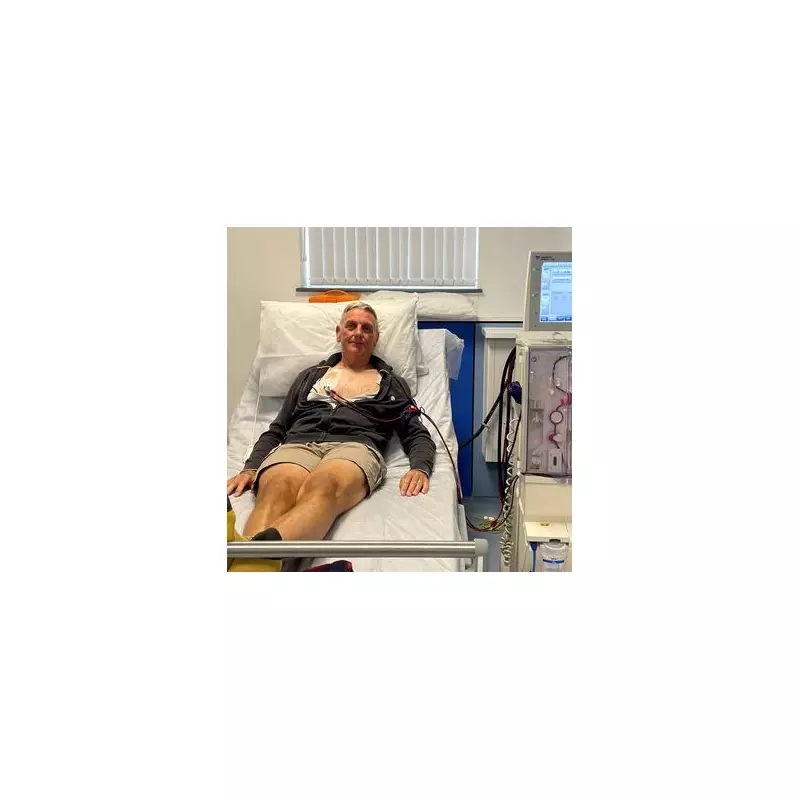
For ten agonising years, Sarah McAdam's life was overshadowed by a debilitating mystery illness that doctors repeatedly dismissed as severe anxiety or complex migraines. The 42-year-old mother-of-two from Surrey describes the sensation as a relentless, never-ending hangover that stole a decade of her life.
'I felt like I had a constant hangover,' Sarah reveals, detailing the crippling symptoms that left her unable to function normally. 'The head pain was immense, and I was so sensitive to light and sound. I couldn't look after my children properly; I couldn't drive. I was just existing in a dark room.'
Her desperate search for answers became a full-time battle against a medical system that struggled to understand her condition. Countless appointments and misdiagnoses later, Sarah's perseverance finally paid off when a neurologist identified the true culprit: a Cerebrospinal Fluid (CSF) leak.
A Decade of Misunderstood Pain
A CSF leak occurs when the fluid surrounding the brain and spinal cord escapes through a tear in the dura, the protective membrane. This causes the brain to sag inside the skull, leading to excruciating positional headaches—pain that intensifies when sitting or standing and lessens when lying down.
For Sarah, the reality of her condition only sank in after undergoing a specialised MRI and a CT myelogram, which confirmed the leak. The diagnosis was both a moment of vindication and the beginning of a new chapter.
The Life-Changing Treatment
Sarah's journey to recovery involved a targeted blood patch procedure. This treatment involves injecting a small amount of the patient's own blood into the epidural space near the leak site to form a clot and seal the tear.
The results were nothing short of miraculous. 'Almost instantly, I felt better,' she recalls. 'For the first time in ten years, the pressure in my head was gone. I could finally think clearly.'
Now, Sarah is using her voice to raise awareness for the often-overlooked condition, urging others who might be suffering in silence to advocate for themselves. Her story is a powerful testament to the importance of medical perseverance and the relief of finally being heard.





